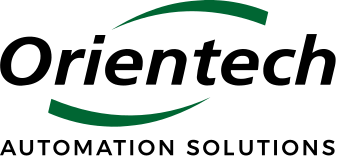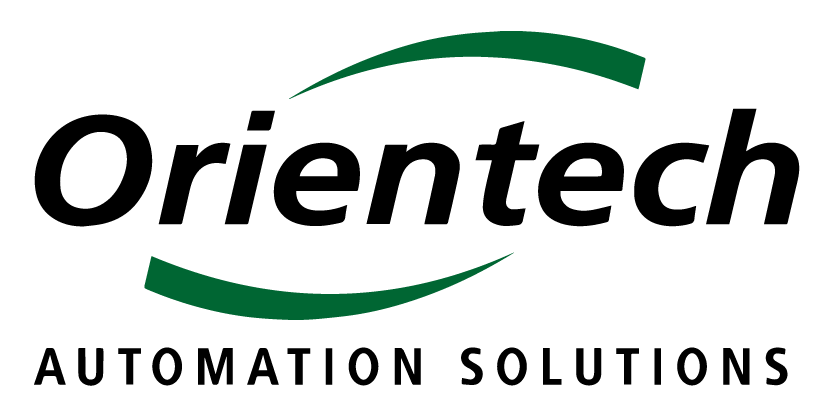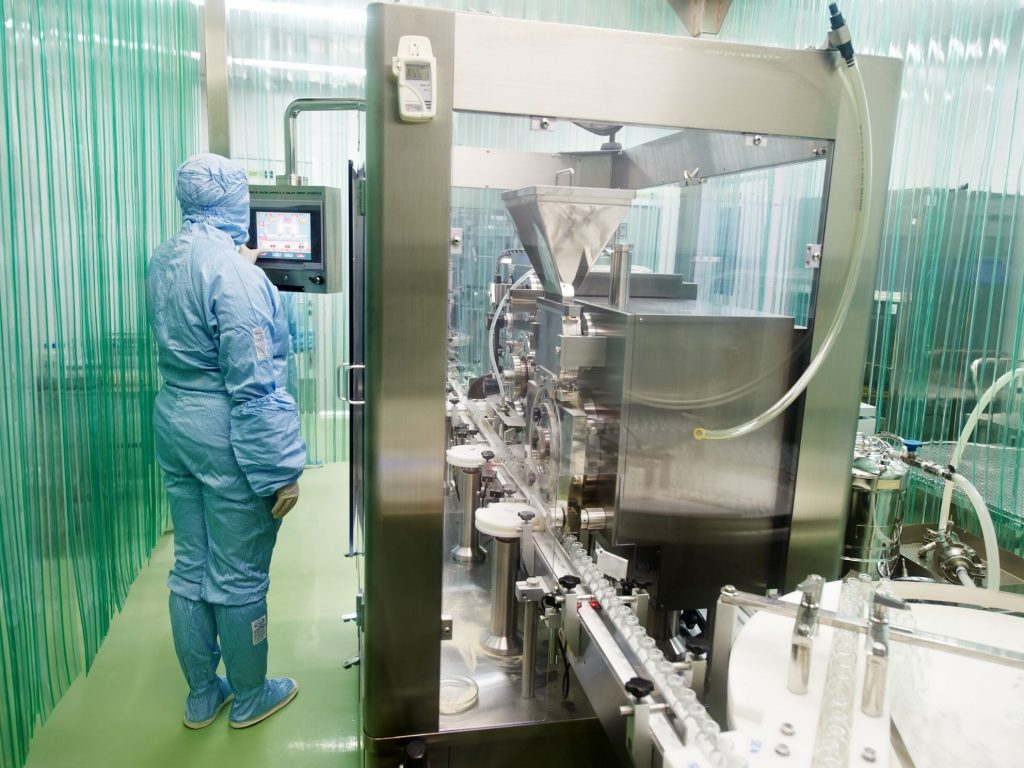The life sciences industry has unique and specific requirements for packaging products such as medicine. We are all familiar with different types of tamper and child proofing, from foil seals to special caps and linings. These features help preserve and sterilize pharmaceuticals and biotech products, providing consistent and uncompromised quality. The packaging process can be labor-intensive, however, with several manual steps that can add cost and increase risk of error.
Automation of life sciences product packaging lines can help reduce cost and add traceability, while ensuring quality and keeping employees safe.
WHERE CAN AUTOMATION OF THE PACKAGING PROCESS HELP YOU?
An automated packaging line removes the need for human effort across many aspects of the packaging process. Through a variety of mechanical and robotic steps, companies can automate key steps of the product manufacturing cycle:
- filling,
- sealing,
- capping,
- shrink-wrapping,
- final packaging of products
Manufacturers can automate portions of their production lines, or the entire line, depending on needs. Packaging can be automated for a wide range of products, from labor intensive movements all the way to those applications that require extremely fine detail.
BENEFITS OF AUTOMATION FOR LIFE SCIENCES
These benefits and others translate well to the life sciences industry, where regulations and consumer safety requires strict tolerances. Because of unique processes, many companies already have a packaging system. However, these systems are often manual, requiring employees to perform tasks that can be tedious. Employees handling repetitive tasks can become bored and less likely to adhere to strict procedures, but errors in life sciences industry packaging can have an impact on public safety.
Automation in life sciences packaging adds efficiencies and controls, which can lead to greater quality, accuracy, and employee safety.
Life sciences industry: video of catheters assembly system.
Product traceability
While packaging automation provides for an efficient process that is less labor-intensive, for many businesses, its greatest value comes from enhanced traceability. Life sciences and other industries were embracing the traceability of packaging automation before the crisis. With automation, manufacturers can view products from start to finish, which helps ensure that they are in compliance with regulations and are able to more effectively handle product recalls.
Life sciences products, such as a vaccine or testing equipment, are often subject to regulation, and the traceability possible through automation helps manufacturers maintain compliance. From proof of product packaging sterilization to required tamper-proof sealing, automation not only allows manufacturers to incorporate steps into their lines, it also can provide accountability.
Data drives traceability. And the information that is essential for automation, such as a recipe or product weight, can also be used by organizations to further increase efficiencies.
Product quality
An automated system delivers a consistent end product. Weights and quantities are standardized for products and packaging media, so users can control costs down to the greatest level of detail.
For example, a manufacturer can set the system to automate the application of an ideal volume of adhesive to a container seal. Using the precise amount saves money, but it also ensures quality and consistency.
Employee safety
Automation also can help keep employees safe. In the life sciences industry, production and packaging of a product may require the use of UV lights or high temperatures for sealing or capping. Exposure to excessive UV lights poses a risk of skin cancer, and high heat equipment for sealing can be a burn hazard. By automating these steps, manufacturers can help minimize injuries and illness.
Also, the COVID-19 pandemic has threatened businesses of all industries, shutting down manual production lines because of the difficulty in maintaining safe social distancing protocols in a manufacturing or packaging environment. Automated lines reduce the need for human intervention on packaging lines, making the process of resuming production easier and ensuring employee safety today and into the future.
Business continuity during crisis
Automation also helps businesses minimize the risk of a public health-related shutdown, either from a resurgence of COVID-19 or a different illness. Pharmaceutical companies that rely on manual packaging processes lost productivity during the height of the pandemic, because employees had to stay home. Automation could therefore have helped these companies, had they incorporated automation in their production components to allow for continued operation.
HOW ORIENTECH DELIVERS PACKAGING AUTOMATION SOLUTIONS
Automation is a complex process, with most manufacturers using unique and varied individual methods to produce and package life sciences products. Successful deployment of automation requires an analysis of existing lines to see what can be improved. Orientech’s integration team is made of experts in the packaging automation field, with experience working with manufacturers across many industries.
Orientech helps life sciences manufacturers ensure safety and quality in their products. From packaging sterilization, with full traceability and accountability, to full visibility of the production line, manufacturers can automate steps and tap into valuable data. To learn more about how Orientech integrates safe, efficient, turnkey solutions for the life sciences industry, contact us.


